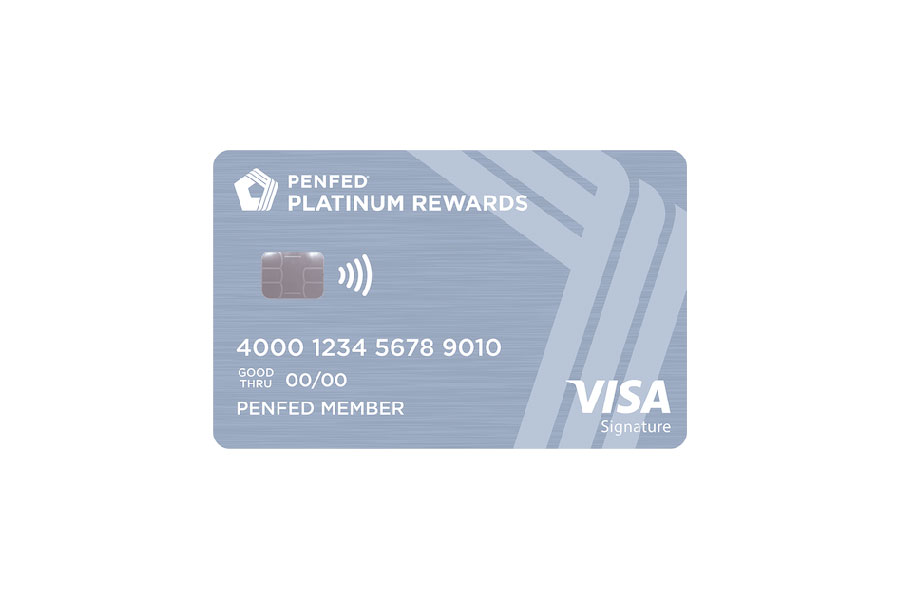Woke up to a 50-point drop in your credit score and wondering what the heck happened? You’re not alone. Credit scores can swing fast, and when they do, it often feels like there’s no clear explanation. But a drop that big usually points to a specific trigger—something changed in your credit activity, and lenders took notice.

Here’s how to figure out what caused the drop, how to fix it, and what you can do to prevent it from happening again.
Most Common Reasons Your Credit Score Dropped 50 Points
A 50-point drop usually isn’t random. It’s often tied to one or more of these common issues:
- You missed a payment – Even one missed payment can cause major damage, especially if it’s reported as 30 days late or more.
- Your credit utilization shot up – If you put a large balance on your credit card, even temporarily, it could push your utilization above 30%, which can drag your credit score down quickly.
- A credit limit was reduced – If your credit card issuer lowered your credit limit, your utilization percentage may have spiked—even if you didn’t spend more than usual.
- You closed an account – Closing a credit card reduces your total available credit and can hurt the average length of your credit history, both of which can negatively affect your credit score.
- You applied for new credit – A single hard inquiry may not do much, but multiple hard inquiries in a short time can signal risk to lenders and lead to a credit score drop.
- A derogatory mark was added – Things like a collection account, charge-off, or foreclosure can tank your credit score fast.
- There’s a mistake on your credit report – Credit reporting errors are more common than people think. A wrong late payment or collection could be dragging your credit score down unfairly.
How to Figure Out What Happened
To get to the bottom of your credit score drop, you’ll need to dig into your credit reports and track any recent changes.
- Pull your credit reports – You can get a free credit report from each of the three major credit bureaus—Equifax, Experian, and TransUnion—once a year at AnnualCreditReport.com. You can also use services like Credit Karma or Experian to monitor updates more frequently.
- Compare them to last month’s – Look for any new negative items, changes in balances, or credit limit updates that weren’t there before.
- Look for recent changes – Pay close attention to payment status, credit utilization, and any new accounts or hard inquiries.
- Check for any errors – If something doesn’t look right, it could be a mistake. Incorrect late payments, duplicate accounts, or false collections should be disputed right away.
- Use free credit score tracking tools – Free tools from your bank or credit card issuer can help you monitor changes in your credit score and alert you to any suspicious activity.
Once you’ve identified what changed, you’ll be in a much better position to take action and start repairing the damage.
Can your credit score drop 50 points for no reason?
It might feel like your credit score dropped out of nowhere, but there’s always a reason behind the change. Credit scores don’t just fluctuate randomly—they respond to the information in your credit reports. That means something shifted, even if it wasn’t obvious at first glance.
In some cases, it could be a smaller change that had a bigger impact than expected. For example:
- You carried a higher balance on your credit cards than usual
- A card issuer reduced your credit limit without notice
- A payment posted a few days late
- You applied for a few new credit cards or loans at once
Each of these things can seem minor on its own. But when combined, they can cause a noticeable drop. And if your credit history is fairly new or thin, even a small mistake can hit harder.
So while it may feel like it happened for no reason, there’s always something you can find—and fix.
What to Do to Bounce Back
Once you’ve pinpointed the issue, the next step is taking action to reverse the damage. Here’s what to focus on:
- Pay down credit card balances – Getting your credit utilization below 30%—or ideally below 10%—can make a big difference, fast.
- Catch up on any missed payments – If you missed a payment, bring the account current as soon as possible. The sooner you do, the less lasting damage it will cause.
- Dispute any incorrect information – If your credit report includes something that’s wrong or doesn’t belong to you, file a dispute with the credit bureau that’s reporting it. Removing errors can help recover lost points.
- Call your card issuer if your limit was lowered – Ask if they’ll reconsider or restore your old credit limit, especially if your account is in good standing. A lower limit can spike your utilization even if your spending stayed the same.
- Don’t apply for more credit just to fix it – Opening new accounts can add hard inquiries and lower your average account age, both of which can hurt more than help in the short term.
How to Prevent It From Happening Again
Once your credit score starts recovering, the goal is to keep it steady—and avoid another drop. Here’s how:
- Set up alerts and autopay – Missed payments are one of the most common reasons credit scores fall. Autopay and calendar alerts can keep everything on track.
- Keep your utilization low – Try not to carry high balances, even if you pay them off each month. The balance that reports to the credit bureaus is often your statement balance.
- Don’t close old accounts without a plan – Older accounts help your credit history and keep your total available credit higher. If there’s no annual fee, and it’s in good standing, keep it open.
- Use credit monitoring tools – Credit monitoring services can alert you to changes in your credit report, helping you catch problems early and act fast.
When to Get Help
If you’ve taken steps to fix the issue and your credit score still isn’t recovering, it might be time to get extra help.
- Work with a credit repair company – If errors or negative marks are dragging your score down, a reputable credit repair service may be able to help you challenge and remove them.
- Talk to a credit counselor – A nonprofit credit counseling agency can help you build a budget, manage debt, and create a realistic plan to improve your credit over time.
- Look for signs of identity theft – If something on your credit report doesn’t look familiar—like a new account or large balance—you may be dealing with identity theft. Take action quickly by freezing your credit and filing a report at IdentityTheft.gov.
Closing Thoughts
A 50-point credit score drop can be a shock—but it’s not the end of the road. Whether it was a missed payment, high balance, or something that wasn’t even your fault, you’re not alone in dealing with it.
The good news is that credit scores are meant to change. If you take action quickly, most damage can be repaired over time. Focus on fixing the issue, build better habits going forward, and monitor your progress. Small steps add up—and the sooner you start, the sooner your credit can bounce back.
Frequently Asked Questions
How long does it take to recover from a 50-point credit score drop?
It depends on what caused the drop. If it was due to high credit utilization or a recent inquiry, you might see improvement in a month or two. But if it was a missed payment or a derogatory mark, it could take several months—or longer—to fully recover. Staying consistent with on-time payments and low balances will speed up the process.
Will paying off a loan lower my credit score?
It can, but only temporarily. Paying off an installment loan, like a car loan or personal loan, may lower your credit score slightly because it reduces your account mix and credit activity. However, the long-term effect is positive since you’ve shown that you can repay debt responsibly.
Can using my debit card affect my credit score?
No. Debit card activity isn’t reported to the credit bureaus, so it has no direct impact on your credit score. Only credit accounts—like credit cards, loans, and lines of credit—affect your credit score.
Does checking my own credit score hurt it?
No. Checking your own credit score or credit report is considered a soft inquiry and does not affect your credit score. In fact, monitoring your credit regularly is one of the best ways to catch issues early and protect your score.
Can a credit score drop affect my ability to rent an apartment?
Yes. Many landlords check your credit during the rental application process. A sudden drop could make you look riskier, even if it’s temporary. If this happens, be prepared to explain the issue and offer additional proof of income or a larger deposit.



